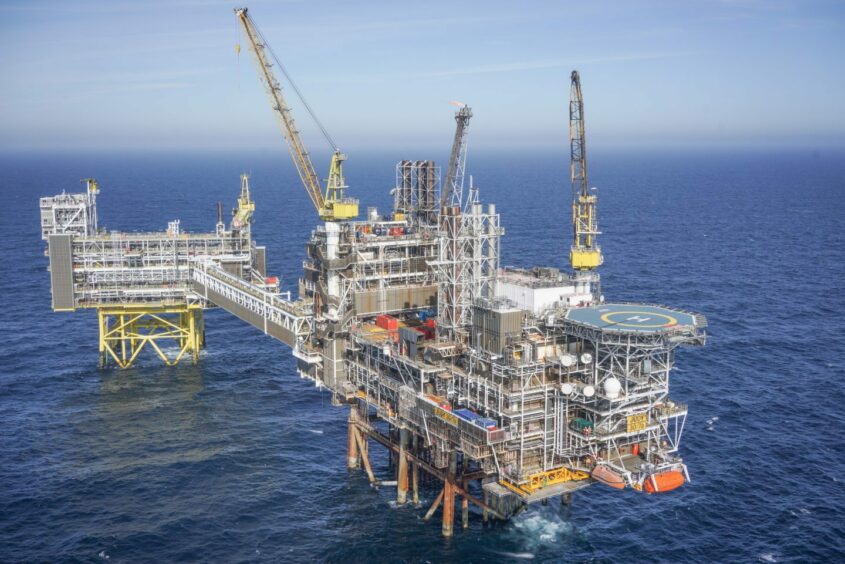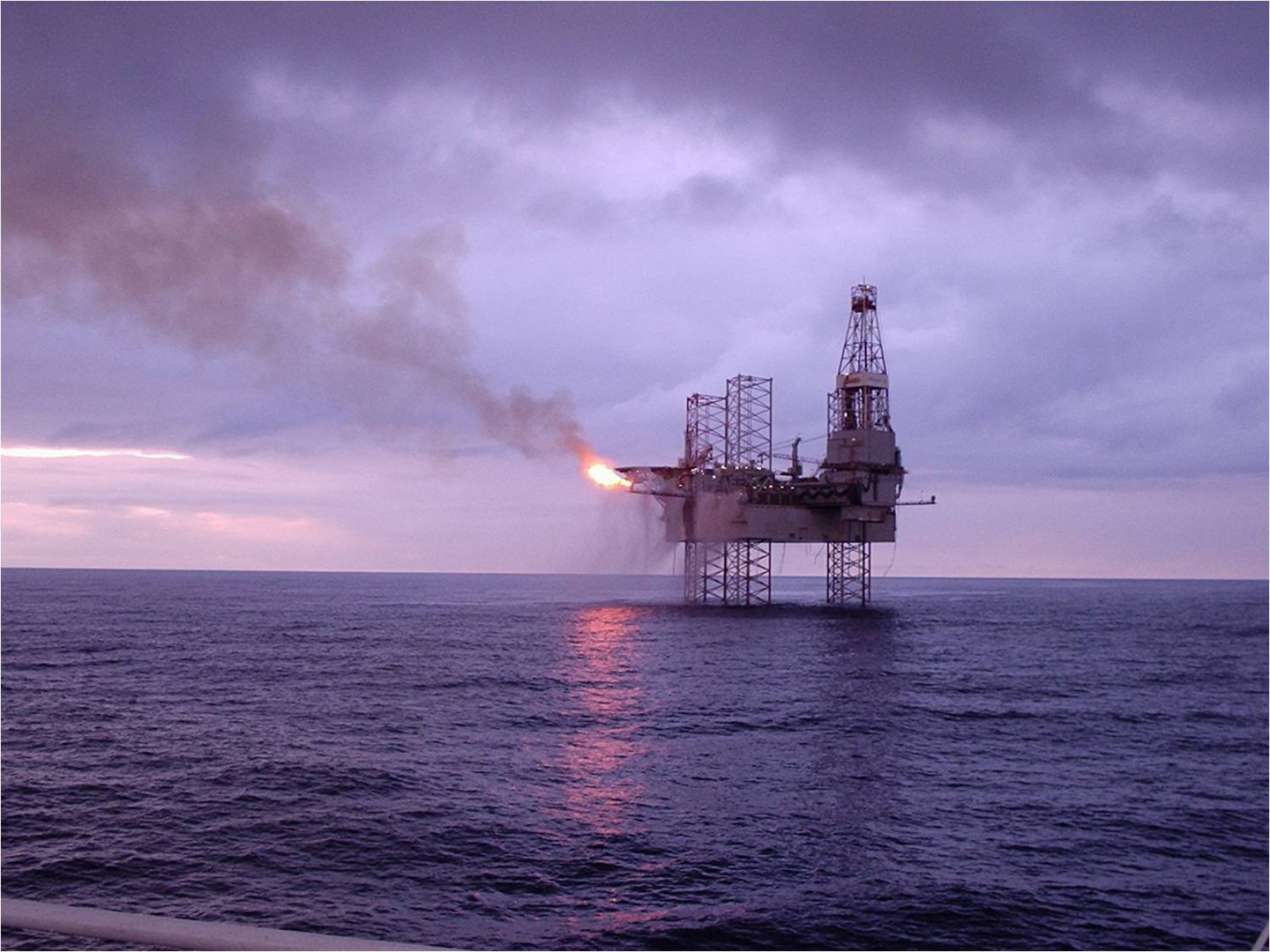
Harbour Energy (LON: HBR) is “bloated” staff-wise, say analysts, and this week the firm said it would slash jobs in Aberdeen due to the UK Government windfall tax.
The North Sea’s largest producer said it would consult on redundancies – understood to measure in the hundreds – citing the Energy Profits Levy (EPL) as the main driver.
There are other issues at play too for Harbour, say analysts, particularly around its heavy levels of staff as a knock-on from its creation via merger of Chrysaor and Premier Oil nearly three years ago.
Many other independent producers will also be “feeling a degree of pain” over the EPL, which has seen taxes rise by 35% since May for the industry, while oil prices are now close to what they were before the Ukraine invasion.
But could any others go so far as to slash jobs?
Bloated Harbour
“It’s not a shock from Harbour” says Ashley Kelty, analyst at investment bank Panmure Gordon.
“This was a predictable outcome after they announced no new investments in protest at the EPL.”
Harbour shocked the industry at the end of last year, saying it wouldn’t participate in the ongoing licensing round due to the tax.
The firm was formed through the reverse takeover of Premier Oil by Chrysaor in 2020, and Harbour has some 1,700 staff worldwide, including two main offices in Aberdeen.
Kelty thinks the firm cutting jobs could be an exception to the rule in the UK, assuming other firms don’t become loss-making and oil prices don’t tumble.
“The strategy seems to be going into rundown mode, and this certainly negatively impacts the long term outlook.
“I am not sure many other operators will look to slash jobs – Harbour were quite bloated staff wise and this will help make it easier to get rid of the last remaining Premier Oil staff they acquired.
“I would expect staffing levels to be reviewed by other operators if the oil price fell and they became loss making, but at current levels most of them should still be profitable. I don’t think the EPL will result in the investment needed to maintain energy security – that’s the real issue and it will deter many smaller developments.”
Windfall tax with no price floor
A big concern for future investment in the UK includes the lack of a price floor for the EPL; so if oil prices drop, as they tend to do eventually, there’s no mechanism right now to shut down the tax, which would in turn deal a massive blow to companies’ operations.
Several firms including Neptune Energy, TotalEnergies and EnQuest have hit out at the levy – a main sticking point between industry and government is that Westminster thinks prices will stay healthy, while the industry is much more weary.
John Corr, head of North Sea for analyst firm Welligence, said the problem is three-fold.
That starts with the fact that companies acquiring losses through M&A, (like Harbour via the reverse takeover of Premier Oil which had heavy debt, or Waldorf Petroleum via Endeavour UK), would normally be able to offset these losses through regular levies like Corporation Tax and Supplementary Charge, however there is no mechanism to do so for the 35% EPL, which is causing issues.
The second issue is the lack of the aforementioned price floor.
He says: “In most countries globally tax regimes are usually linked to commodity prices, with the general acceptance that companies will pay more in the good times but be shielded against excessive tax when prices drop.
“The omission of this in the revised EPL is concerning.”
Number three on the list is lack of clarity on the future; Labour is expected to win the next general election, and has pledged to increase taxes on the levy and remove an investment allowance linked to it.
“This has a significant negative impact on the ability of companies to plan in the medium to long-term and to acquire financing as markets are wearier of unstable fiscal regimes,” says Corr.
So what about further job losses?
Another key point is that although the EPL is heavy, it has a 91% investment incentive for new projects; so companies can claim relief if they have spending plans in place.
Harbour Energy, which invested through the last downturn, doesn’t have sizeable exposure to big-spend projects, and is projected for windfall tax payments of $5.5bn by 2028.
So while it may be “bloated” and more heavily exposed to the EPL than others, Harbour is not unique in its woes here.
“Although it is difficult to say if other companies will follow suit in terms of cutting jobs, there are plenty of other independents which will be feeling some degree of pain,” says Corr.
“Access to material projects with high capex that will help offset the EPL is limited, largely as a result of the maturity of the North Sea – and as a result, competition is likely to be high for any available stakes.
“Inevitably, there will be companies with minimal opportunity to offset their tax bill through spend, and it is these that may seek to reduce their North Sea footprint.”


 © Supplied by system
© Supplied by system